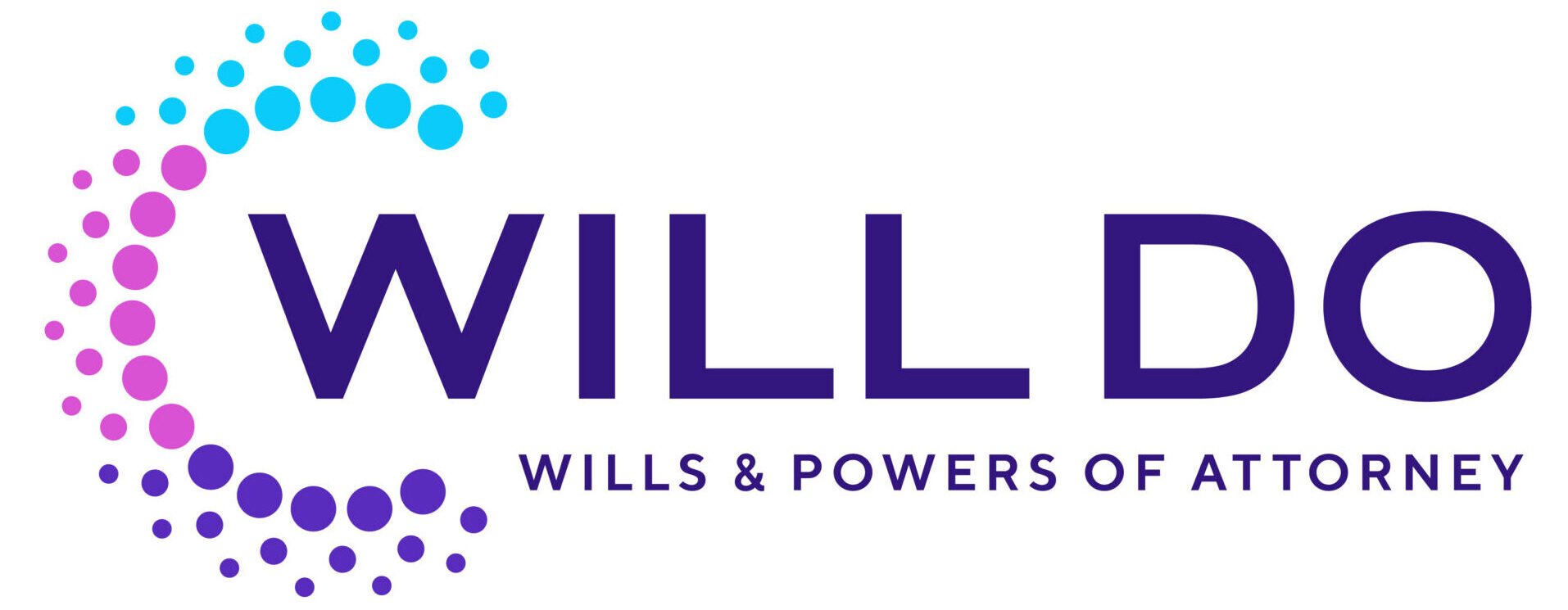Most people have heard someone talk about “getting probate” or paying “probate tax” on an estate, but what exactly is “probate” and what does it have to do with your estate?
Probate is the procedure by which the court is asked to give or confirm the authority of a person to act as the estate trustee of an estate, and to give the court’s formal approval that the will that has been presented to the court is the deceased’s valid last will.
While probate is sometimes not necessary, there are many circumstances in which it will be required. As an example, banks and other financial institutions are likely to want proof (beyond just seeing a copy of a will) that a given person has authority to deal with the deceased’s accounts. As a further example, If the deceased owned real estate in their name alone, probate will be required in order to sell or transfer the property.
What is commonly referred to as “probate tax” is officially called the Estate Administration Tax, and it is payable on the value of a person’s estate at the time of their death if the value of the estate exceeds $50,000. Currently, the rate is $15 per $1000 (or part thereof), for amounts over $50,000. It is important to note that in some cases, significant assets can be excluded from this calculation, so it is always important to consult a lawyer prior to attempting to administer an estate.
